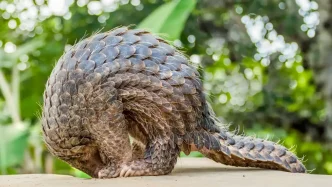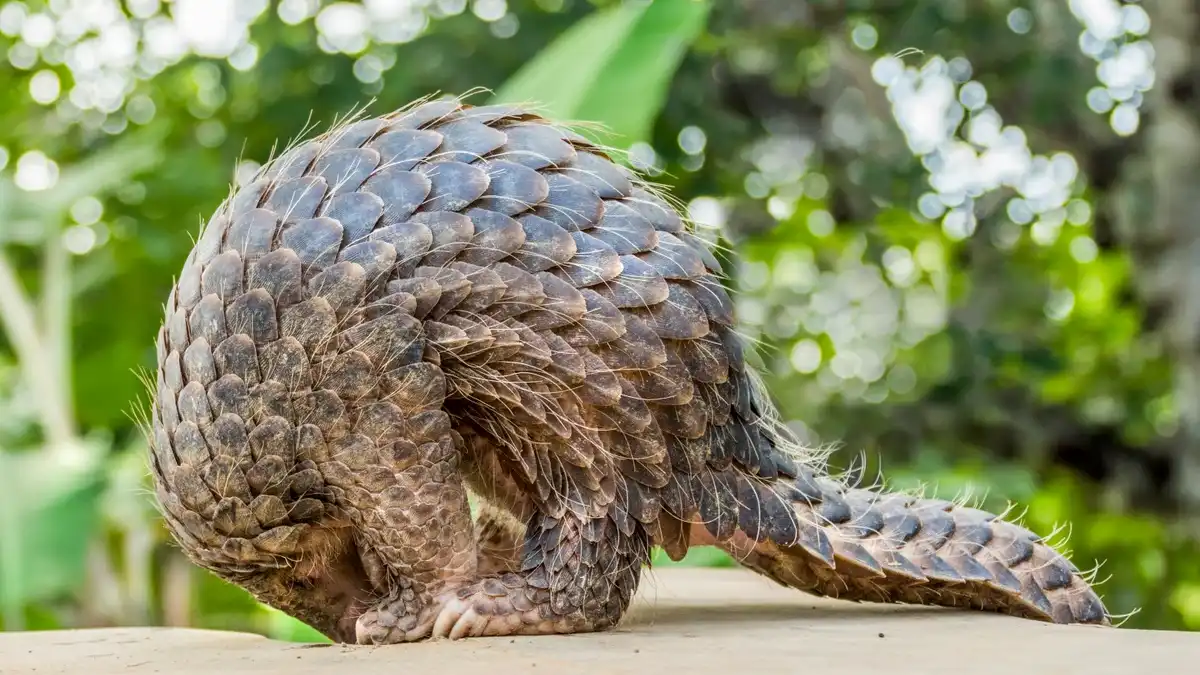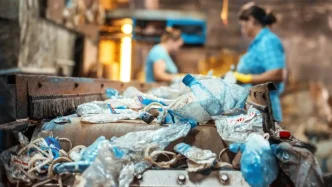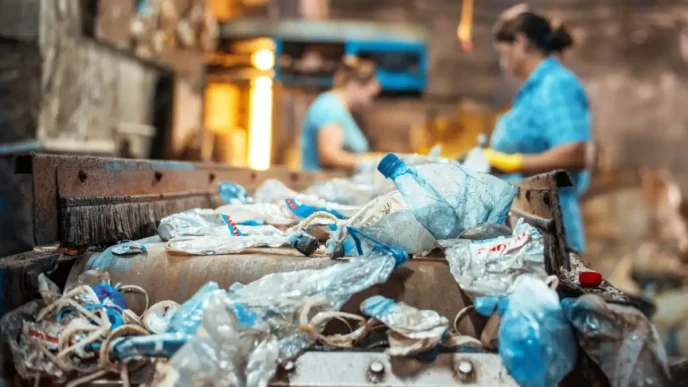In a landmark case underscoring Vietnam’s ongoing battle against illegal wildlife trade, six individuals have been sentenced to prison for trafficking over 2.8 tonnes of pangolin scales in Nghệ An province, marking one of the largest seizures of its kind in the country’s history. The convictions, handed down by the People’s Court of Nghệ An on June 25, 2025, spotlight the persistent challenges in curbing the trade of endangered species and raise critical questions about enforcement and regional cooperation in Southeast Asia.
A Record-Breaking Seizure
The scale of the operation is staggering. In October 2023, authorities detained the group after uncovering 2.8 tonnes of pangolin scales, including those from the critically endangered Sunda pangolin (Manis javanica) native to Southeast Asia, as well as several African species. Under Vietnamese law, trafficking scales of the Sunda or Chinese pangolin—both protected under a government decree—can lead to prison sentences of one to five years or fines ranging from 500 million Vietnamese Dong to 2 billion Vietnamese Dong (US$19,000 to US$76,000). For other pangolin species, penalties can escalate to 15 years in prison, depending on the value of the goods.
The ringleader, Hồ Văn Mạnh, received a seven-year sentence, while Trần Thị Ngọc was sentenced to three years for trading prohibited goods and violating regulations on the protection of endangered wildlife. Four others—Phạm Thị Lập, Hồ Mai Yên, Cao Xuân Quý, and Nguyễn Thị Long—were given sentences between 15 months and three years, with Quý and Long receiving suspended terms. A related suspect, Lê Quang Lợi, remains at large and is wanted by authorities.
A Global Conservation Crisis
Pangolins, often referred to as “scaly anteaters,” are among the most trafficked mammals in the world, driven by demand for their scales in traditional medicine and their meat as a delicacy in some regions. All eight pangolin species are listed under Appendix I of the Convention on International Trade in Endangered Species of Wild Fauna and Flora (CITES), which prohibits international trade. Despite these protections, illegal networks continue to exploit lax enforcement and porous borders, particularly in Southeast Asia, a key transit hub for wildlife trafficking.
The Nghệ An seizure is a stark reminder of the scale of the problem. Education for Nature Vietnam (ENV), a local conservation organization, described the case as representing one of the largest volumes of pangolin scales ever trafficked in Vietnam. ENV also highlighted Nghệ An as a long-standing hotspot for illegal wildlife trade, particularly in districts such as Diễn Châu, Yên Thành, and Quỳnh Lưu. While provincial authorities have made efforts to address the issue, ENV warns that the situation remains complex, posing significant challenges to Vietnam’s commitments to international wildlife protection.
“A stronger response from the entire political system in Nghệ An, along with increased involvement from the central government and relevant ministries, is needed to resolve the issue effectively” said an ENV representative, pointing to the need for systemic change.
Nghệ An: A Hotspot for Wildlife Crime
Nghệ An, a central province in Vietnam, has emerged as a critical node in the illegal wildlife trade network. Its location, with access to major transportation routes and proximity to borders with Laos, makes it an ideal transit point for smugglers moving goods to markets in China and beyond. Species like the Sunda pangolin, already on the brink of extinction due to habitat loss and poaching, are particularly vulnerable in this region.
Environmentalists argue that while high-profile seizures and convictions are steps in the right direction, they address only the tip of the iceberg. The trade is often orchestrated by sophisticated criminal syndicates that operate across borders, exploiting gaps in enforcement and corruption at various levels. Without sustained efforts to dismantle these networks, conservationists warn that species like the pangolin may disappear from Vietnam’s forests entirely.
Local communities in Nghệ An also play a complex role. For some, involvement in the trade is driven by economic desperation, with limited alternative livelihoods in rural areas. Addressing the root causes—poverty, lack of education, and weak governance—remains a daunting task for both local and national authorities.
Legal Framework and Enforcement Challenges
Vietnam has made strides in strengthening its legal framework to combat wildlife trafficking. The country’s Penal Code imposes harsh penalties for trading endangered species, and its participation in international agreements like CITES reflects a commitment to global conservation efforts. However, enforcement remains inconsistent. Limited resources, inadequate training for law enforcement, and a lack of coordination between provinces hinder progress.
The Nghệ An case also raises questions about sentencing disparities. While Hồ Văn Mạnh’s seven-year sentence sends a strong message, the suspended sentences for two defendants may undermine deterrence. Legal experts suggest that more uniform sentencing guidelines, coupled with public awareness campaigns, could help reinforce the gravity of wildlife crimes.
Moreover, the escape of Lê Quang Lợi, a key suspect, underscores the difficulty of tracking individuals involved in transnational crime networks. If confirmed, his continued evasion could indicate weaknesses in cross-border cooperation with neighboring countries like Laos and Thailand, both of which are also implicated in wildlife trafficking routes.
International Implications
The pangolin scale trade is not just a Vietnamese issue—it is a global one. The inclusion of African pangolin species in the Nghệ An haul points to the interconnected nature of trafficking networks, which span continents. Vietnam often serves as a conduit for scales sourced from Africa, destined for markets in China, where demand remains high despite legal bans.
International organizations have called for greater collaboration between source, transit, and destination countries to disrupt these supply chains. Programs like the United Nations Office on Drugs and Crime’s Wildlife and Forest Crime Analytic Toolkit aim to build capacity in countries like Vietnam, but progress is slow. Without addressing demand in consumer markets, experts warn that supply-side interventions—such as seizures and arrests—will have limited impact.
Vietnam’s role in this global trade also affects its international standing. As the country seeks to position itself as a responsible member of the global community, failures to curb wildlife trafficking could draw criticism from conservation groups and foreign governments. This is particularly relevant as Vietnam negotiates trade agreements and seeks foreign investment, where environmental governance is increasingly a point of scrutiny.
The Road Ahead
The Nghệ An convictions are a victory for conservationists, but they also highlight the enormity of the task ahead. Beyond enforcement, there is a pressing need for alternative livelihoods for communities involved in the trade, as well as education campaigns to reduce domestic demand for pangolin products. Partnerships with non-governmental organizations like ENV could play a crucial role in these efforts, provided they are backed by political will at both local and national levels.
Technological solutions, such as improved tracking of wildlife shipments and the use of DNA analysis to trace the origins of seized goods, are also gaining traction. However, these require significant investment and training, which may be beyond the immediate reach of provincial authorities in places like Nghệ An.
As Vietnam grapples with its role in the global wildlife trade, the fate of the pangolin hangs in the balance. Each seizure, each conviction, is a step forward—but without broader systemic change, the question remains whether these efforts will be enough to save one of the world’s most endangered mammals from extinction.
















